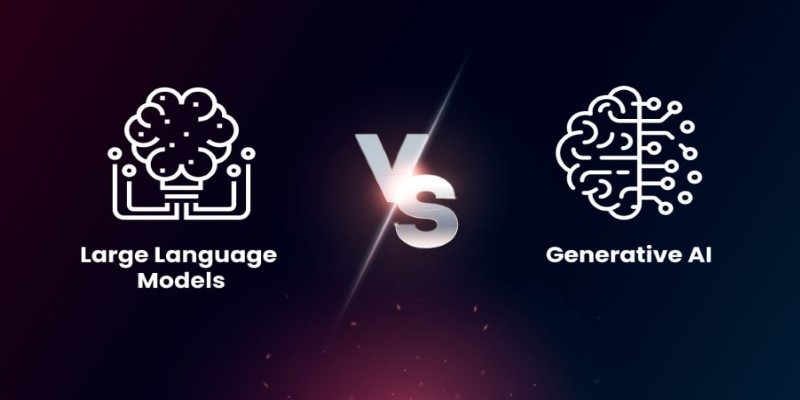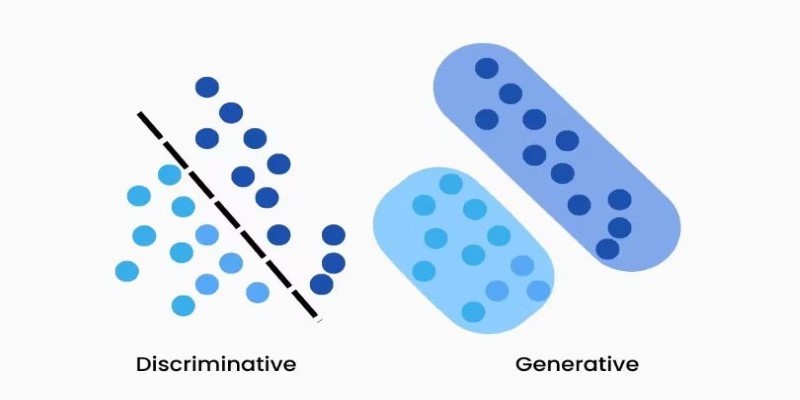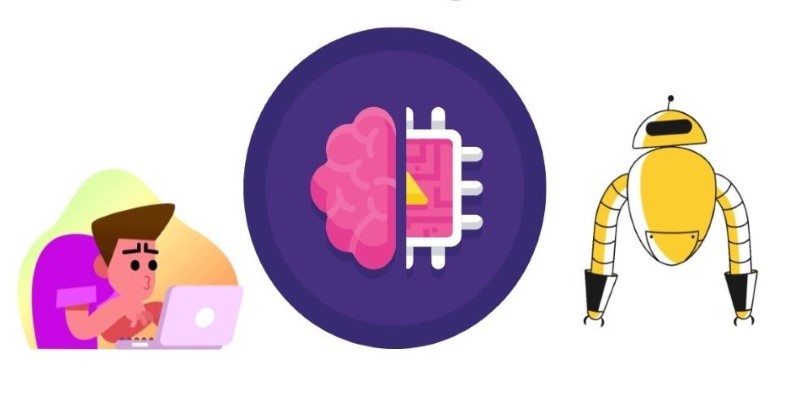Research requires time and effort. Finding data, compiling information, and creating reports can all be difficult. AI tools speed and simplify research. They help with data analysis, data summarizing, and data searches. Many researchers streamline processes using artificial intelligence. Whether you work professionally or in education, artificial intelligence improves accuracy and saves time. It also helps control references and find plagiarism.
Advanced algorithms used in AI technologies rapidly scan enormous volumes of data. Some help with research paper writing and editing; others provide citations and document formatting. AI also helps with data visualization and analysis, making organizing and expeditious research possible. This guide will discuss the leading artificial intelligence tools for study. These tools will enable you to work faster and more wisely.

Must-Have AI Tools for Efficient Research
Artificial intelligence tools simplify, speed up, and increase research efficiency. These are the ones that would most benefit you.
ChatGPT
Research is aided by a chatbot driven by artificial intelligence called ChatGPT. It simplifies concepts and answers questions. It generates ideas and compiles narratives. Researchers use it to generate quick explanations and ideas. It improves writing and helps in report development. ChatGPT answers are in natural language, links to references are provided, and it helps arrange content.
Elicit
Elicit is an artificial intelligence research tool that searches pertinent literature and compiles salient features. It offers ideas from other sources, saving time on literary searches. Researchers use it to spot related studies. Elicit filters key materials to increase efficiency. Students and professionals wanting quick academic references will find it helpful.
Scite
Scite lets academics examine references and citations, establishing credibility by demonstrating how a work is mentioned. It labels references as supporting, noting, or contrasting, enabling researchers to evaluate the validity of a work. It improves research accuracy and helps stop false information. For professionals and scholars, Scite is necessary since it helps verify sources and evaluate references, preserving research integrity.
Semantic Scholar
An artificial intelligence-driven research database called Semantic Scholar aids in academic paper discovery. It offers brief descriptions and highlights significant points. Researchers find fresh studies and develop trends on them. The program greatly lowers the time needed for research by suggesting pertinent papers depending on user preferences and optimizing literature searches.
Research Rabbit
Investigate Rabbit is a visual aid for investigating scholarly work. It helps trace relationships between papers and authors, supporting literature reviews. In research, it helps scholars track trends and linkages. It simplifies research by showing networks of connected studies, facilitating effective organization and analysis of academic materials.

QuillBot
An artificial intelligence writing tool called QuillBot helps with editing, paraphrasing, and summarizing research materials. It sharpens proofreading, language construction, and clarity. QuillBot helps researchers precisely reinterpret data, therefore guaranteeing improved coherence and readability. It saves time by producing effectively ordered writing. QuillBot's sophisticated language processing helps professionals and students; hence, it is necessary for academic and business writing.
Paperpile
An artificial intelligence-powered reference organizer, Paperpile, helps academics effectively arrange and quote sources. For easy referencing management, it interacts effortlessly with Google Docs and Word. The program also highlights important concepts for fast access and stores PDFs. Essential for academic writing and intellectual study, the paper guarantees efficient source monitoring and simplifies research processes.
Connected Papers
Connected Papers is an artificial intelligence tool for investigating scholarly work. It generates graphic maps illustrating links among publications. Researchers use it to follow topic development and identify important studies. The display of related research improves knowledge acquisition and literature reviews. It clarifies the evolution of a topic for academics and allows them to find significant work in their field.
Iris.ai
An artificial intelligence-powered research helper called Iris.ai gathers data and searches pertinent documents. It facilitates researchers' analysis of big data and eliminates extraneous data. The instrument rapidly spots important discoveries, improving the study's effectiveness. Professionals and students who require exact, well-organized information from several academic sources will find Iris.ai invaluable and help simplify the research process.
Zotero
A free reference management application, Zotero lets academics gather, arrange, and quote materials. It creates references in several forms and links with browsers to save references. Popular among academics and students, Zotero streamlines source tracking to facilitate study. It also enables users to organize bibliographies effectively, guaranteeing appropriate citation and organization of scholarly resources for easy reading and writing.
Trinka
Trinka is an artificial intelligence grammar and language improvement tool for academic writing. It sharpens clarity, readability, and precision and helps researchers polish the material to satisfy scholarly criteria. Trinka is quite helpful for professionals working on research papers as well as for students since it guarantees excellent writing by suggesting better word selections and accurate error corrections.
ResearchGPT
ResearchGPT is an artificial intelligence model designed for academic research that aids in analyzing difficult subjects, synthesizing concepts, and offering pertinent observations. It helps researchers properly arrange their papers and narrow down their questions. ResearchGPT improves research quality, increases output, and simplifies the academic writing and analysis process by offering exact and ordered knowledge.
Litmaps
An artificial intelligence application called Litmaps lets scientists view reference networks. It generates interactive maps and displays links between research publications over time. Researchers use it to find important papers and monitor changes in their field of work. Litmaps reveal latent links between publications, enhance literature reviews, and streamline academic research through efficiency and insight.
Conclusion:
Artificial intelligence techniques speed up and simplify research. They assist with reference organizing, information searches, and writing enhancement. These tools save time and boost accuracy. Researchers use artificial intelligence to review papers, identify plagiarism, and analyze data. From reference management to writing assistance, AI streamlines research tasks. Using artificial intelligence tools streamlines procedures and enhances output. These tools are useful for anyone in any sector, including researchers or students. They improve the standard of research and provide basic information access. These artificial intelligence solutions can help you to increase efficiency and simplify your work.











